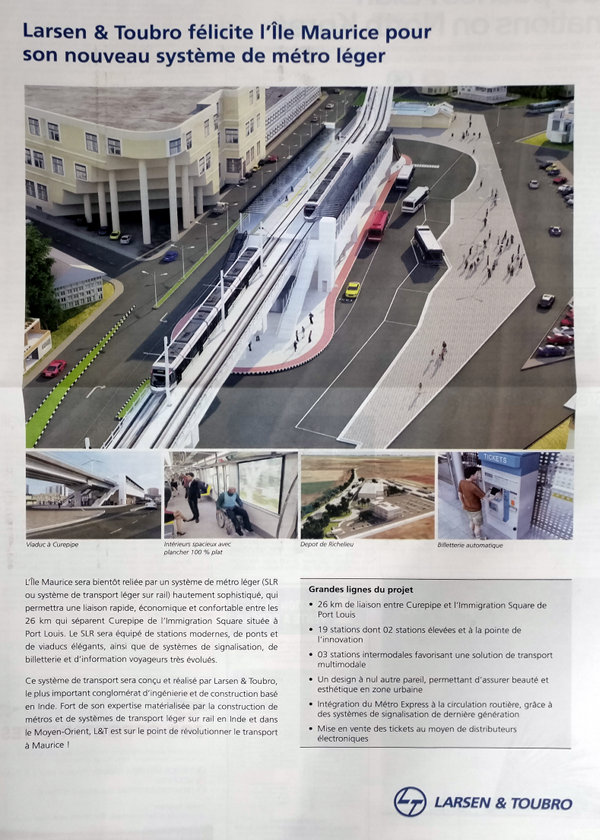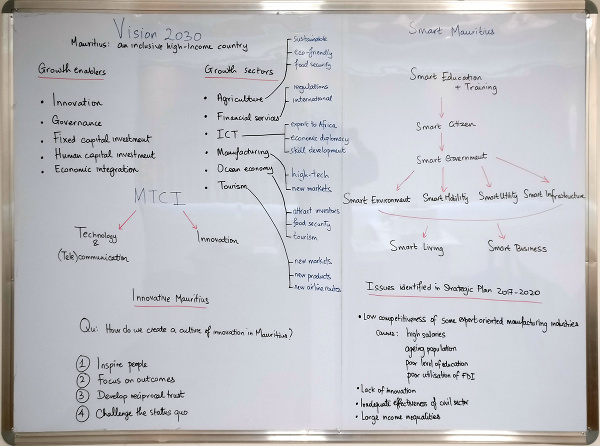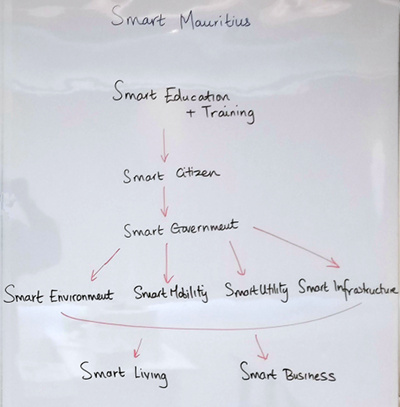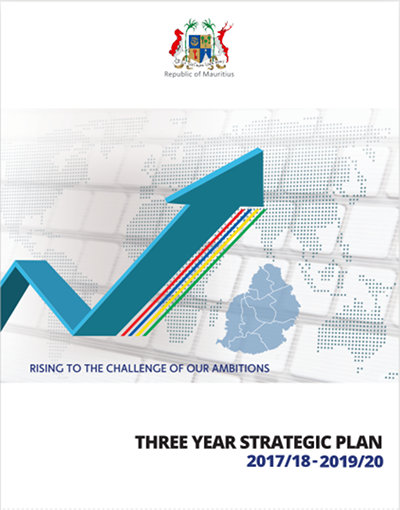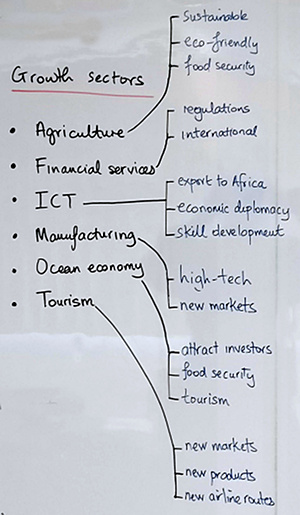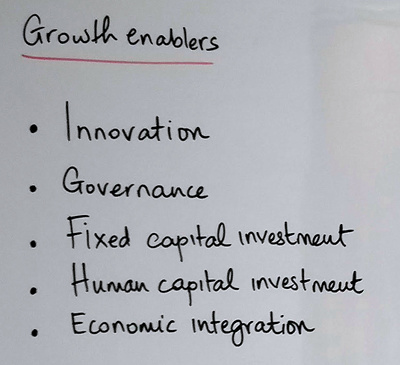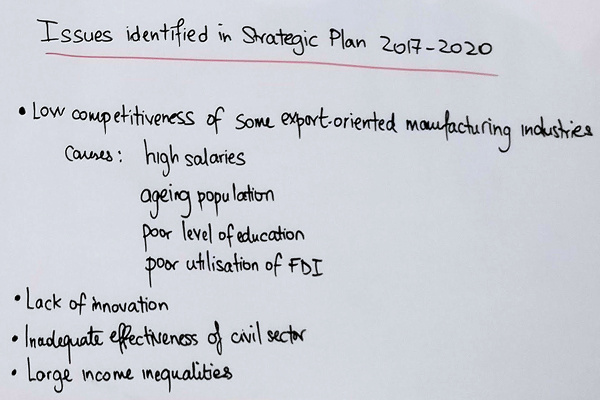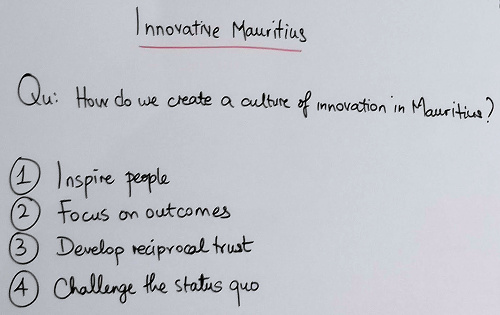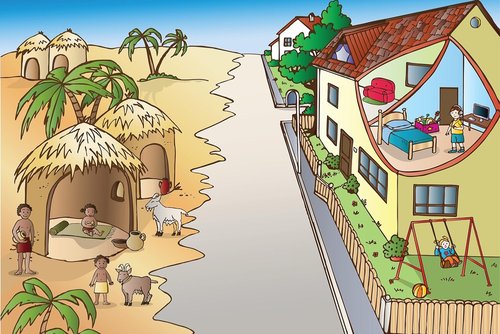
Last week, during the eLearning Africa conference, a lot of foreign delegates were amazed on how advanced Mauritius is. They marveled at our roads, our hotels, our cars, our clothes, etc.
A few days ago, I stumbled upon a very interesting website, Global Rich List, which essentially allows you to enter your annual income (which is, for most of us, 13 x your monthly salary) and gives you an indication of which percentile of the richest people in the world you are. Some examples are much better than this convoluted explanation:
With Rs 5,000 per month i.e. Rs 65,000 per year
You’re in the top 29.15% richest people in the world by income.
That makes you the 1,749,243,103rd richest person on earth by income.
With Rs 10,000 per month i.e. Rs 130,000 per year
You’re in the top 19.79% richest people in the world by income.
That makes you the 1,187,104,291st richest person on earth by income.
With Rs 20,000 per month i.e. Rs 260,000 per year
You’re in the top 10.10% richest people in the world by income.
That makes you the 606,237,728th richest person on earth by income.
With Rs 50,000 per month i.e. Rs 650,000 per year
You’re in the top 0.86% richest people in the world by income.
That makes you the 51,631,144th richest person on earth by income.
With Rs 100,000 per month i.e. Rs 1,300,000 per year
You’re in the top 0.13% richest people in the world by income.
That makes you the 8,011,084th richest person on earth by income.
and, finally,
With Rs 3,100,000,000 per month i.e. (approx) Rs 40,000,000,000 per year
You’re in the top 0.0001% richest people in the world by income.
That makes you the 1st richest person on earth by income.
The last one is just for fun of course 🙂
Based on those numbers, we can safely say that we are very lucky to live in Mauritius: it is a beautiful country and, believe it or not, we are rich.

